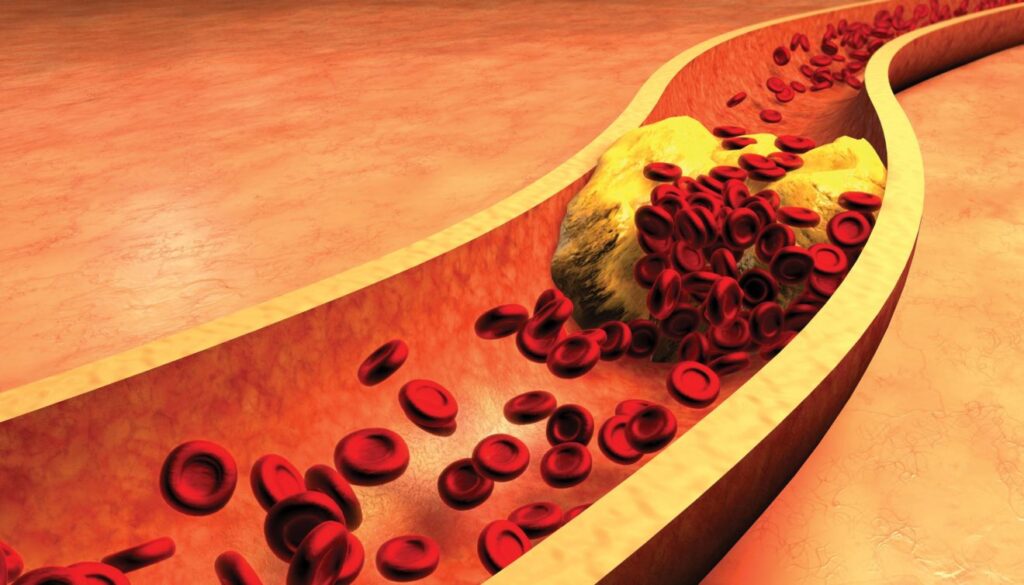
Hyperlipidemia is the disorder that results in extra fats also known as lipids, in your blood. Most people do not usually experience any symptoms, but having hyperlipidemia increases the risk of developing heart disease and increases the risk of stroke and sudden death.
Cholesterol is a waxy fat molecule produced by the liver. It is necessary for healthy cell membranes, brain functioning, hormone production, and vitamin storage. LDL (low-density lipoprotein) has damaging effects on health. HDL (high-density lipoprotein), however, counteracts the effects of LDL.HDL is good for health as it carries excess cholesterol back to the liver for excretion. The liver then eliminates cholesterol through bile. LDL remains in the bloodstream. This condition increases fatty deposits in arteries and the risk of blockages.
Types of Lipids
Triglycerides are another type of fat in the blood. They are not a type of cholesterol but have a strong response to heart disease. As such, doctors also measure triglyceride levels in people with hyperlipidemia. A person can develop hyperlipidemia if they have one or a combination of the following:
High LDL levels
High HDL levels
High levels of triglycerides
Symptoms: Usually, people with hyperlipidemia do not experience any symptoms. However, those with familial, or inherited hyperlipidemia, may develop yellow, fatty growths around the eyes or joints.
Risk factors:
- Hyperlipidemia is caused when your diet contains too much cholesterol and fat, or carbohydrates, (found in meat, cheese, cream, eggs, sugar, desserts, refined carbs)
- People who are high on alcohol are on the risk of hyperlipidemia
- Bad lifestyle, no physical activity develop high cholesterol.
- People who are overweight or have obesity are also at greater risk of developing hyperlipidemia and heart disease.
- Smoking atherosclerosis increases LDL levels and encourages inflammation and the formation of blood clots.
- Excess of carbohydrates and lack of omega 3 fatty acids in the diet.
- Premature menopause and an underactive thyroid gland, or hypothyroidism could be a possible reason in some females.
Diagnosis
It can be diagnosed using a lipid profile blood test and requires overnight 12 hours fasting before taking a blood sample
Cure tips
- Self-management of hyperlipidemia through a balanced diet diet rich in fiber, good fats, and minerals is ideal for high cholesterol patients.
- Include raw vegetables, fruits, nuts, seeds (rich in omega3 fatty acid), and fish oil in your routine diets.
- Ayurvedic treatments and regular physical activity reduces blood lipid level
- Stay positive and practice meditation.
Recommendation: Chole herbs




